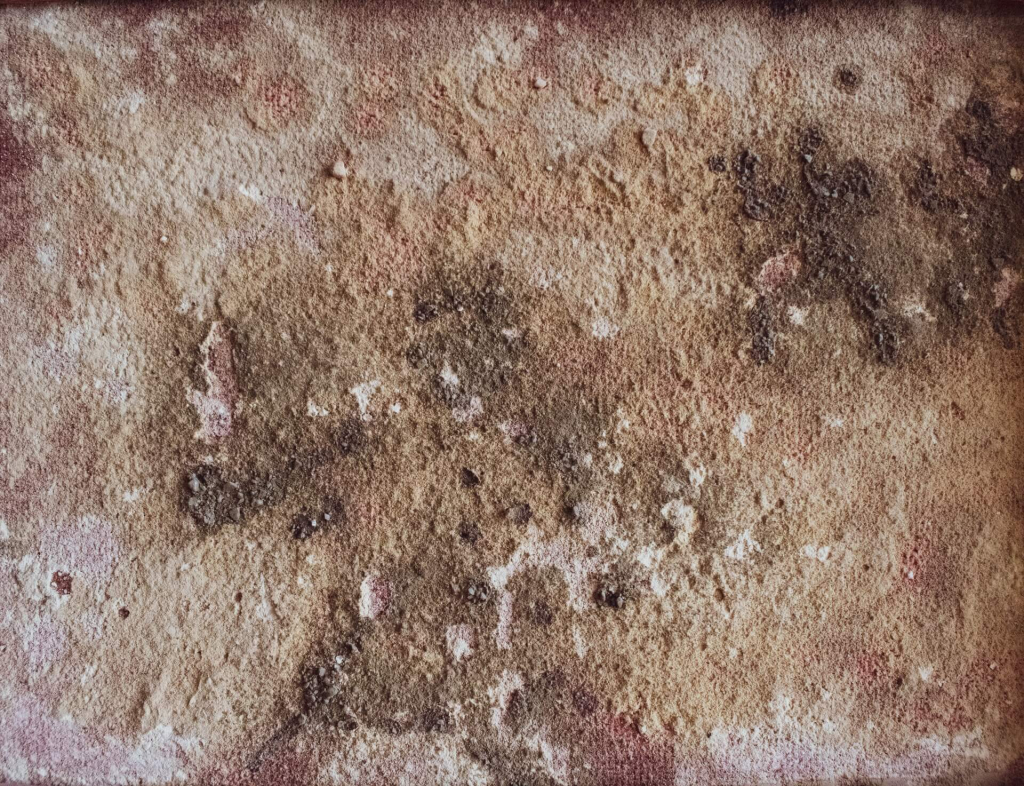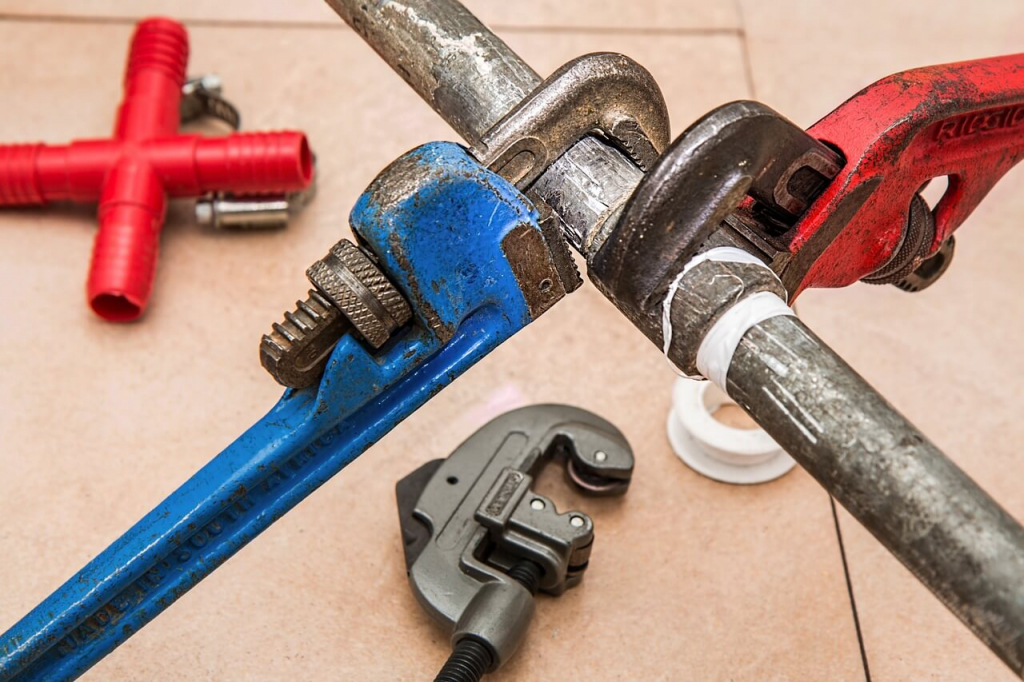The presence of mold in a rental property is considered an environmental hazard. It can cause significant health problems to your tenants, including rashes, asthma, cognitive losses, chronic fatigue, nausea, and hemorrhaging.
There have been a lot of lawsuits charged by tenants against landlords for health issues that they allegedly developed because of their exposure to toxic mold inside the rental property. A lot of times, the landlords lost.
As a landlord, it is of great importance that you ensure that your property is well-maintained to prevent legal issues that could cost you a lot of money for damages. One of your duties is to make sure that your rental units meet the requirements of the warranty of habitability, which includes addressing environmental hazards like mold.

Know your Landlord Liability
Landlord liability when it comes to mold-related issues, there has been no federal law that has set permissible mold exposure limits. Only a few states and cities have established standards and ordinances that address mold in residential properties.
You have to check with your state department of public health and state department of environmental protection to know what guidelines you have to follow.
Even with the inadequacy of clear specific laws on mold, landlords are still responsible when mold negatively affects tenants and the property’s habitability.
When Landlords are Liable
When it comes to determining one’s liability, one of the main factors is one’s negligence. Since the common cause of mold is moisture, if a tenant issues a complaint for leaking pipes or water damage, you have to fix the problem promptly. Delaying repairs or completely ignoring the repair request will be considered as neglect of your duty to address habitability issues. You will be liable once the damage leads to toxic mold growth, which then caused health issues to your tenants.

When Landlords are NOT Liable
As occupants, tenants have maintenance responsibilities to the property as well. The tenant must keep the apartment clean, dispose of trash properly, open windows once in a while to encourage ventilation, and perform other good housekeeping practices.
In preventing mold growth, all parties must make a joint effort. Since tenants are the ones who will see the units daily, they should report to the landlord if they find any structural issues that may lead to mold growth. If they fail to file a report and they get sick due to mold, they will be liable for their negligence.
Finding Cooperative Tenants
As mentioned earlier, mold prevention requires effort from both landlords and tenants. If you’re a landlord, make sure that the tenants you will accommodate understands their responsibility to your property.
After publishing a listing on Padleads and several applicants would show interest, make sure that you screen them thoroughly to know if they are responsible enough to help you keep your property well-maintained.

Mold Liability Clauses
You might be tempted to add a mold clause on your lease agreement so that you will be free of any landlord liability for mold. Some courts might find this to go against public policy. Consult a lawyer on how your lease can help you in dealing with mold without violating any housing law.